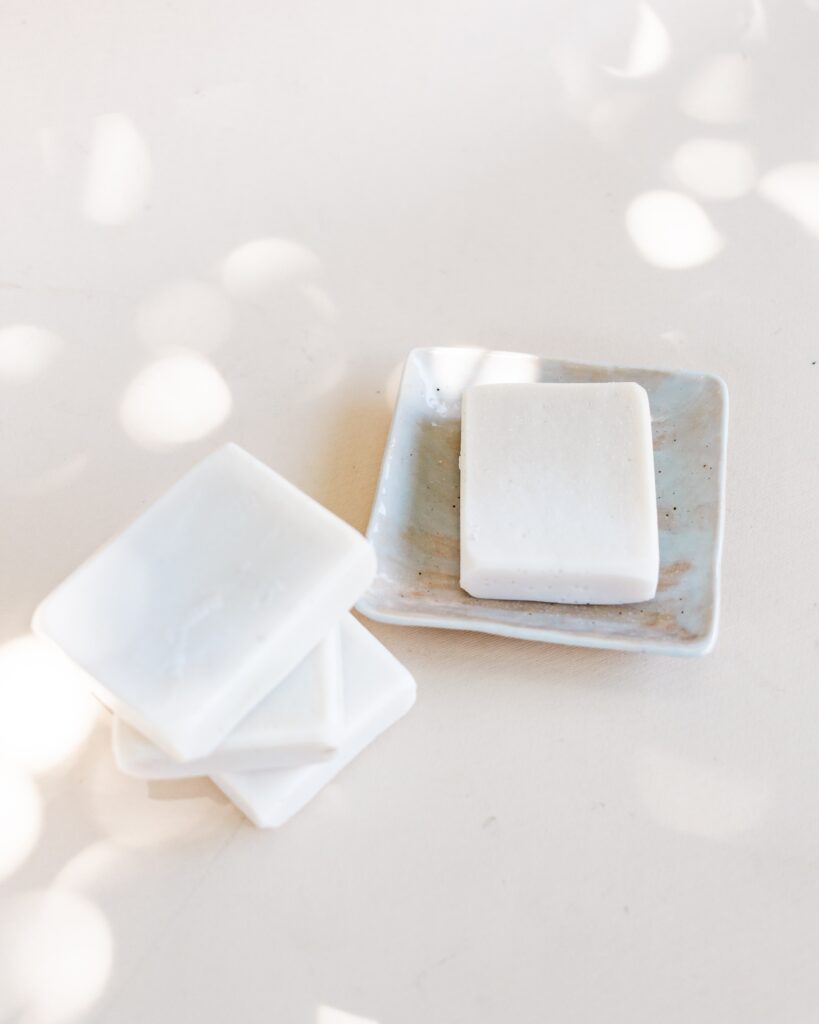FISH OILS MAY HELP PROTECT AGAINST SKIN CANCER
By Robert S. Bader, M.D., Dermatologist |
In a study published in the American Journal of Clinical Nutrition, taking omega-3 oils helped patients ward off the harmful effects of sunshine. This study suggests that taking omega-3 fish oils may have a protective effect against the development of skin cancer, although further studies are needed.
TANNING BEDS MAY BE MORE DANGEROUS THAN YOU THINK
By Robert S. Bader, M.D., Dermatologist |
A British study has shown that the risk of skin cancer from tanning beds is more than double that of spending the same time in midday Mediterranean sun. The study found that the average strength of the tanning beds was approaching more than twice the recommended limit of ultraviolet radiation.
CAN YOUR PHONE REALLY DIAGNOSE MELANOMA? NOT SO FAST!
By Robert S. Bader, M.D., Dermatologist |
According to an study published in JAMA Dermatology which evaluated 4 smartphone applications that analyze photographs to identify malignant melanoma, the apps were able to make the diagnosis of malignant melanoma between 6.8% to 98.1% of the time. The app that was found to be most effective sends the photographs to a Dermatologist for evaluation. What is important…
CHILDREN USE MORE SUNSCREEN WHEN DISPENSED FROM A PUMP
By Robert S. Bader, M.D., Dermatologist |
A study published in the Archives of Dermatology found that children use the most sunscreen when dispensed from a pump, when compared with squeeze bottles and roll-on dispensers. Despite this finding, kids used half of the recommended amount even with the pump-dispenser.
SENTINEL LYMPH NODE BIOPSY (SLNB) MAY NOT BE INDICATED FOR MOST MELANOMAS <1MM THICK
By Robert S. Bader, M.D., Dermatologist |
New guideline issued jointly by the American Society of Clinical Oncology (ASCO) and the Society of Surgical Oncology (SOS), and published online July 9 in the Journal of Clinical Oncology do not recommend SLNB for tumors that are less than 1mm thick, unless there is ulceration present or rapidly diving cancer cells present. The study reported that there is insufficient…
CHILDREN USE MORE SUNSCREEN WHEN DISPENSED FROM A PUMP
By Robert S. Bader, M.D., Dermatologist |
A study published in the Archives of Dermatology found that children use the most sunscreen when dispensed from a pump, when compared with squeeze bottles and roll-on dispensers. Despite this finding, kids used half of the recommended amount even with the pump-dispenser.
MELANOMA DRUG VEMURAFENIB MAY INCREASE RISK OF SQUAMOUS CELL CARCINOMA
By Robert S. Bader, M.D., Dermatologist |
According to a study published in the New England Journal of Medicine, Vemurafenib (Zelboraf) speeds the growth of squamous cell carcinoma. HealthDay explained that “roughly one-quarter of patients who take the medication develop a troublesome side effect: secondary skin cancers called squamous cell carcinomas.”
SHOULD MELANOMA EXCISIONS BE SO LARGE?
By Robert S. Bader, M.D., Dermatologist |
A study published in The Lancet by Dr. Peter Gillgren indicates that a 2-cm excision margin is safe and as sufficient as 4-cm margins for the removal of melanomas that are at least 2-mm thick. This study took place in Sweden and involved a total of 936 patients. This study indicates what has been believed for over a decade, that large…
MALIGNANT MELANOMA IS THE MOST COMMON CANCER IN YOUNG CAUCASIAN WOMEN (AGES 25 TO 29)
By Robert S. Bader, M.D., Dermatologist |
According to the American Academy of Dermatology, Malignant Melanoma is the most common cancer in white women ages 25 to 29 years and the second most common form of cancer in women 15 to 30 years of age. Interestingly, these are the ages that many women will go the beach to get tan or use tanning beds. Despite…
THE NEW U.S. FDA GUIDELINES FOR RATING AND LABELING SUNSCREENS
By Robert S. Bader, M.D., Dermatologist |
Skin cancer is the most common cancer in the United Stated. One should use a broad-spectrum sunscreen that protects against both UVA and UVB rays. The SPF rating system only applies to the protection the sunscreen has against UVB and will still be used. Here are the changes in labeling: The highest SPF rating will now…










